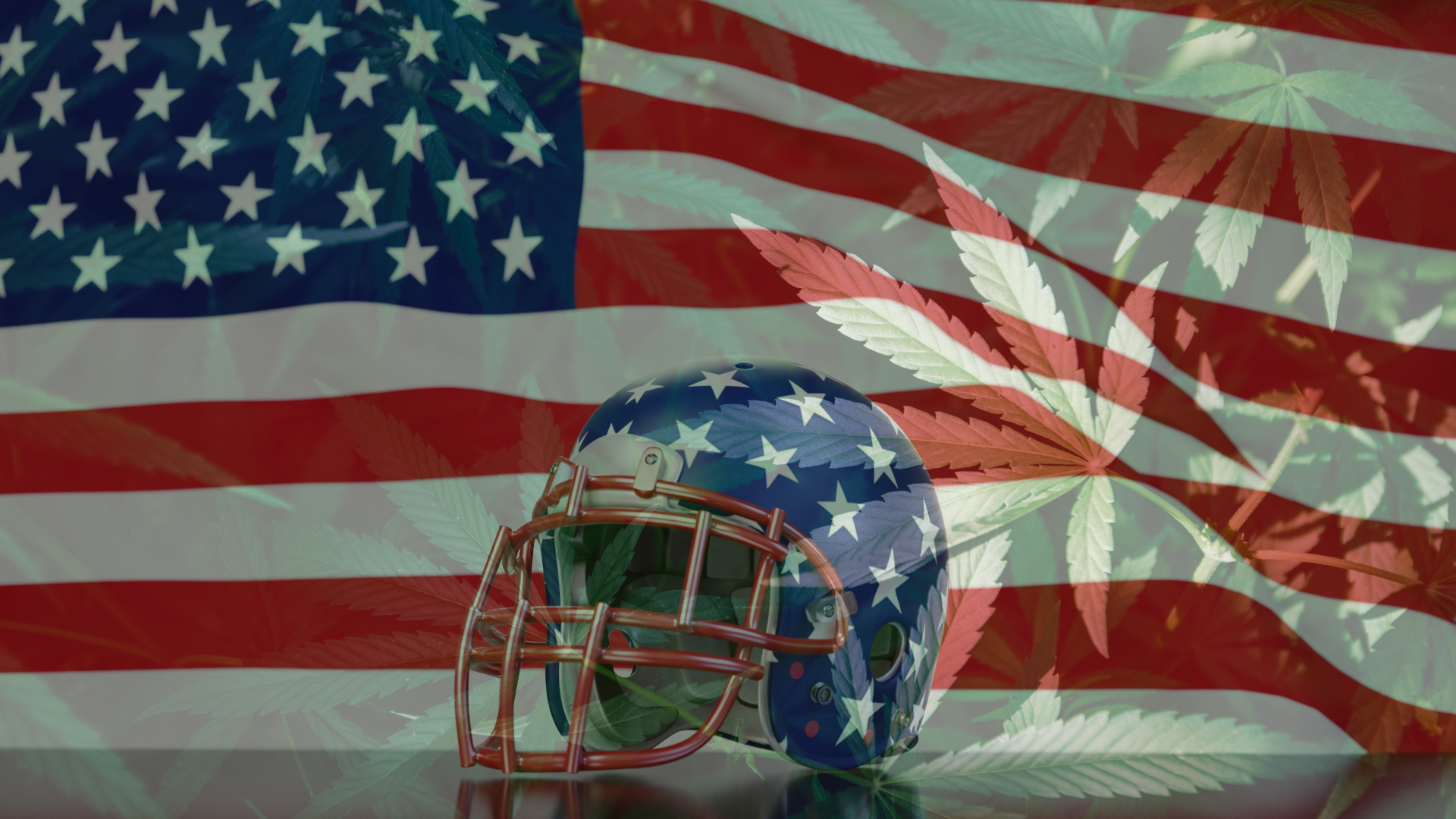In recent years, marijuana has gained acceptance as an alternative treatment for physical and mental ailments. The National Football League (NFL), however, has had a rocky relationship with the drug. In this article, we will explore the NFL’s drug policy and its stance on marijuana.
NFL Drug Policy
Under the 2020 Collective Bargaining Agreement (CBA), NFL players no longer get tested for THC (the active ingredient in marijuana) in April and August. This means that players can now consume cannabis during the off-season without fear of punishment.
Historically, the NFL has been harsh on cannabis use among its players. Those who tested positive for the drug faced suspensions, sackings, and even lifetime bans. Teams suffered too; for instance, Pittsburgh Steeler wide receiver Martavis Bryant missed the entire 2016 season due to cannabis use.
Under the previous CBA, all players got tested at least once during the off-season. Ten players got additional random drug tests during the regular season.
The new CBA still entails testing during April and August, but not for THC. Additionally, cannabis and performance-enhancing drugs are treated differently during random tests. Players who consume weed can enter a treatment program and avoid suspension.
Consumption Consequences
While players can now consume cannabis as much as they want during the off-season, they must practice moderation during the game season. The NFL tests for weed during the season, but the restrictions have loosened.
Previously, players could not exceed 35 nanograms of THC in their system during the season. However, under the new policy, players can have up to 150 nanograms of THC (which suggests getting high in the previous week) and still pass the test year-round.
If there’s proof of chronic use, the League now emphasizes treatment rather than punishment. Players who fail the test enter Stage One of the Intervention Program, where a professional evaluates whether they’re abusing weed and suggests appropriate care. Players only get fined and moved to Stage Two if they don’t follow the proposed medical treatment. If they fail to comply again, they face suspension.
Do NFL Players Smoke Weed?
Despite the restrictions, many NFL players consume cannabis. The plant offers an effective way to relieve physical and mental strain, reduce pain and inflammation, and stay in top form. Since no proof cannabis might enhance performance exists, why should they skip it?
This argument becomes even more persuasive when we consider the alternative: opioids. Opioid use is out of control in the NFL, and many players have suffered from addiction. Marijuana is one of the least harmful available alternatives.
Superstar Calvin Johnson said he smoked it after every game to avoid deadly drugs, and he’s not alone. Former Dolphins running back Ricky Williams (now a pot-friendly entrepreneur) is another notable advocate for marijuana use. Wide receiver Josh Gordon has spent most of his career suspended for consumption. David Irving quit instead of accepting a ban, and Eben Britton admitted he toked before playing.
For this reason, players’ access to medical marijuana has a spot in online discourse. We’re yet to see whether the League will allow CBD during the season, but a push exists.
NFL & Other Substances
The NFL bars a long list of substances, including steroids, hormones, masking agents, cocaine, MDMA, PCP, synthetic cannabinoids, and stimulants. Abuse of alcohol, prescription drugs, and over-the-counter meds is also prohibited.
The banned substance index has two categories. The first covers performance enhancers, and the second recreational drugs. If a player gets caught with something from the latter in their system, they don’t face an immediate suspension. Also, if they have a diagnosis treated with a prohibited drug, they may get a therapeutic use exception.
NFL: A Shifting Landscape
The NFL’s stance on marijuana has evolved over the years as public opinion and scientific research have shed light on its benefits. The League depends on its fans, so it makes sense that they are shifting gears.
Marijuana may be effective for pain relief, anxiety, stress, and inflammation, all of which are common among professional athletes. It is a natural alternative to synthetic drugs and can help players recover from pushing past their limits for the sport. There is no reason to say no to tracked and responsible use.
While football players are still restricted, fans can take full advantage of cannabis. Those who support the pros’ right to consume marijuana can show their support on social media. They can also buy seeds to grow weed and use their law-given freedom.
In conclusion, the NFL’s drug policy has evolved to become more lenient towards cannabis use. While players can consume marijuana during the off-season, they must practice moderation during the game season. Despite the restrictions, many players continue to advocate for the drug, citing its health benefits and as a safer alternative to opioids. As the public’s perception of marijuana changes, it is possible that the NFL’s stance on the drug will change as well.










